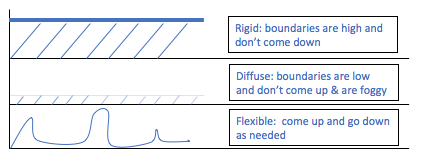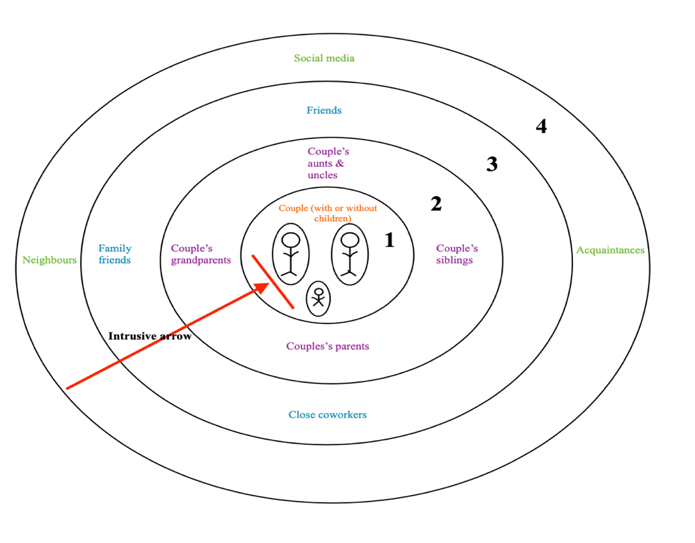Burnout is a condition that often begins subtly, like a small flicker of discomfort in our daily professional lives. It canmanifest as fatigue that lingers, low motivation and productivity with work duties or a growing sense of frustration, stress and dissatisfaction at one’s job (WHO, 2019; Maslach, Christina & Leiter, 2016). These signals are not always immediately recognized as signs of burnout, but they can indicate that something is out of balance in our mental, emotional, or physical well-being.
In times of being busy with many demands of life, the tendency is to ignore these signals because we’re still getting things done at work and juggling our personal commitments. So it can be easier to push through with the belief that we can handle it or that things will get better and we “just need to make it through this month.” But ignoring these cues can often lead to more intense feelings of exhaustion, irritability, stress, low mood and decreased motivation (Salvagioni, Melanda, Mesas et. al, 2017).
When noticing these symptoms, this can be a really good opportunity to reassess and engage with practical strategies to feel better and regain balance.
- Recognizing the need for rest. This doesn’t just mean getting better sleep, but also taking mental breaks throughout the day like creating 15 minute breaks in our calendar, or periodically scheduling a day or afternoon off.
- Awareness of boundaries. Sometimes we may push ourselves to meet the demands of others at the expense of our own well-being. Start by identifying where you can say “no” or delegate tasks. This may mean having difficult conversationsbut protecting your time and energy is key.
- Add self-care into your routine. This might include engaging in a small hobby, going for a walk, reading, or practicing mindfulness for a few minutes each day. These things may not seem ‘productive’ but they matter and can help to ground us and reduce stress.
- Seek support. Talk to a therapist, a trusted friend/family member, or a mentor. They can possibly provide valuable guidance and compassion to alleviate the sense of self pressure and isolation that can occur when struggling.
Burnout is not a sign of weakness, it’s a signal that we need to prioritize our physical, mental and emotional self. The willingness to reflect, evaluate and make small changes to our day-to-day can go a long way in helping regain balance and ultimately improve our overall well-being.
Dr. Jamal Lake, Psy.D, C.Psych. is a Clinical Psychologist at the Centre for Interpersonal Relationships. Using a calm, compassionate yet engaging approach, Dr. Lake provides psychotherapy to adults for a range of challenges including concerns related to anxiety, stress/burnout, depression, ADHD and relationship difficulties. He primarily works from a Cognitive Behavioural Therapy (CBT) lens but integrates other evidence-based therapies such as Acceptance and Commitment Therapy (ACT), Dialectical Behavioural Therapy (DBT) and mindfulness-based techniques into his treatment.
References
Maslach, Christina & Leiter (2016). “Understanding the Burnout Experience: Recent Research and Its Implications for Psychiatry.” World Psychiatry15, no. 2: 103–11.
Salvagioni DAJ, Melanda FN, Mesas AE, González AD, Gabani FL, Andrade SM (2017). “Physical, Psychological and Occupational Consequences of Job Burnout: A Systematic Review of Prospective Studies.” PLOS ONE 12(10): e0185781. https://doi.org/10.1371/journal.pone.0185781
World Health Organization (2019). Burnout an “occupational phenomenon”: International Classification of Diseases. Retrieved December 18, 2024, from: https://www.who.int/news/item/28-05-2019-burn-out-an-occupational-phenomenon-international-classification-of-diseases.



